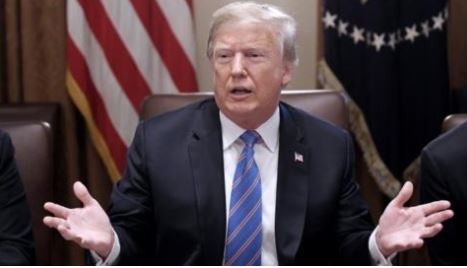×
The Standard e-Paper
Join Thousands Daily

The White House has insisted it believes Russia still poses a threat to the US amid confusion over comments made by President Donald Trump.
Mr Trump appeared to disagree with US intelligence when he responded "no" to a question about whether Russia was still targeting American elections.